Are you scratching your head how to stop a lab puppy from biting?
While your pup looks cute chewing on your fingers, it’s definitely not acceptable behavior.
Fortunately, I’ve got 9 fantastic Lab puppy training tips on how to manage your Labrador’s biting habits.
Let’s check them out!
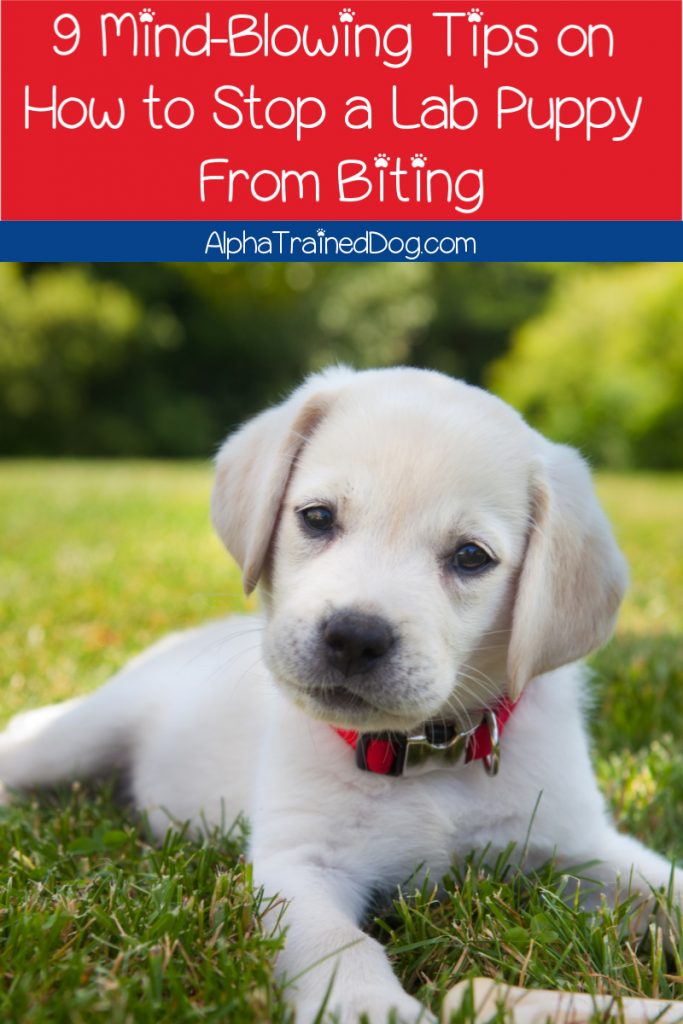
9 Tips on How to Get a Lab Puppy to Stop Biting
Labrador Retrievers are charming, playful, and friendly. They’re also cute and have adorable facial expressions.
It’s no wonder that they remain at the top of the list of the most popular family dogs and do exceptionally well in therapy dog training.
However, Labrador Retrievers require as much training as any other breed.
They might be sweet and friendly, but without proper training to harness their mellow temperament, a Labrador puppy can turn into an unruly adult dog.
While biting might seem harmless at the beginning, you shouldn’t encourage it or allow it to turn into a habit.
Let’s see what you can do.
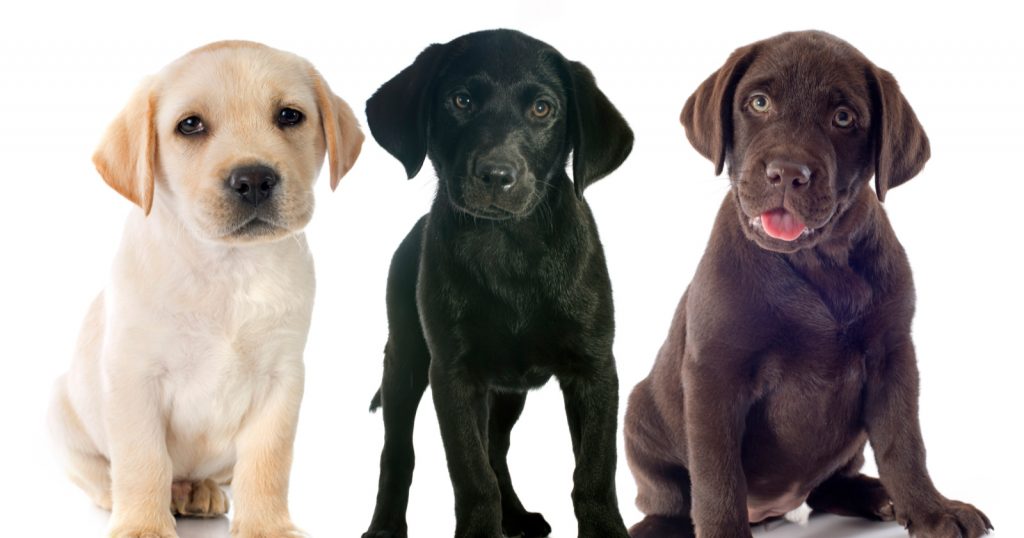
#1 Understand Why Lab Puppies Bite
Don’t think that you’re the only owner whose Labrador puppy bites or chews.
All puppies do it no matter their breed, especially when they’re teething.
Biting and chewing is the only thing that relieves the pain of emerging teeth.
Moreover, puppies explore the world through all their senses.
They put everything in their mouth to check how it tastes and if it’s edible. Think about them as toddlers that are curious about how things work.
Biting is also a natural trait in Labrador Retrievers.
These dogs are hard-wired to chase after prey, put it in their mouth, and carry it back to their owner.
As such, Labs are mouthy and love to have something in their mouth, be it your fingers or a toy.
#2 Distinguish Playful Biting from Aggressive Biting
How to stop a Lab from biting also includes knowing when your puppy is playing and when they’re aggressive for real.
A lot of people think that a puppy is aggressive when they growl.
However, biting, snarling, and snapping is a part of how puppies play with their littermate.
They often wrestle, chase, and fight, which helps to sharpen your dog’s instincts.
So, it’s normal if your puppy growl when they tug at your clothes or chew on your shoes.
It doesn’t mean that your puppy is aggressive. Instead, it probably means that your puppy is having so much fun that they’re getting overly excited.
What has to worry you are a hard stare, lip licking, low growling, tensed body, and raised hackles. All these are warning signs that there’s more to your puppy’s biting than play.
#3 Learn How to Play with Your Lab Puppy
Often owners allow their Labradors to play with their hands, and then they wonder how to get their Lab puppy to stop biting.
You have to establish from the beginning that hands and feet aren’t toys. Say a firm “No!” every time your Lab attempts to nib at your fingers.
That’s how you stop puppy biting before it even starts.
Moreover, avoid getting your Lab puppy too excited during play.
When puppies are having too much fun, they might overreact and bite out of excitement. It’s hard to make them stop because they’re enjoying themselves and are caught up at the moment.
Pay attention to your Lab when you play together and break the game whenever you notice that your puppy is getting excited.
Wait for them to calm down and then continue playing.
#4 Teach Bite Inhibition
Before you train your Lab puppy not to bite, you have to teach them to control the strength of their bite.
That’s what specialists call bite inhibition. It’s not as complicated as it sounds.
Puppies already know that they have to be careful when biting.
They learn it when they play with their littermates and mother.
Whenever one Lab puppy goes out of line and bites too harsh, the other puppy or the mother retaliates by growling or running away.
In this way, young Labrador puppies understand that they have to bite gently, or they would be “punishment.”
You should use a similar technique. Whenever your Lab puppy nibs at you, you stop paying them attention.
That means no looking at your puppy and no talking to them.
Some puppies might be so overly excited that they might chase after you.
If that happens, you can put your puppy in their crate for a few minutes.
Or you can use baby gates and step over them whenever the puppy goes after you.
Don’t pull your hand when your Labrador puppy nips you.
That might trigger your puppy’s instinct, and your puppy might bite harder. Wait for the puppy to release you and then step away.
Eventually, your puppy will understand that biting gets them punished and that the only way to get attention and rewards is to stop biting.
#5 Use Distractions
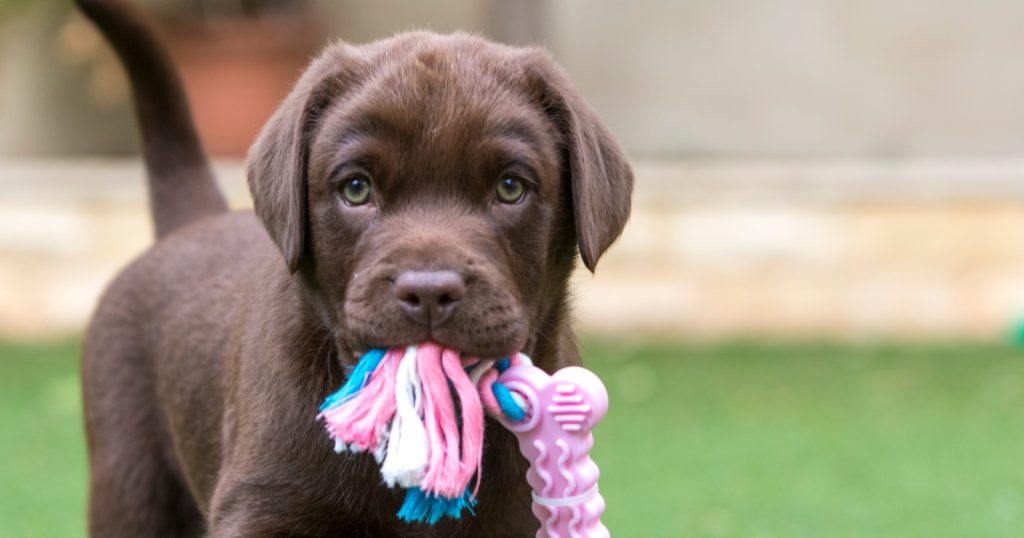
Some Lab puppies might bite whenever you pick them up or when you stroke them.
In this case, you can use a distraction to keep your Lab puppy from using your hands as toys.
What I mean is that you hold a treat or a toy in one hand and pet your puppy with the other.
The moment you see that your puppy makes a move to nip, you offer the toy/treat.
You don’t need a lot of toys to keep your Labrador puppy entertained.
A few good toys will do as long as they’re up to your Lab’s taste.
#6 Train Your Puppy Not to React to Your Hands
Another strategy you can employ when you’re wondering how to stop Lab puppies from biting is positive reinforcement.
You’re going to make your puppy connect your hands with good things so that they’re not tempted to chew on them.
All you need are some treats and a lot of patience. Here’s how it goes:
- You move your hand towards your puppy.
- If your Lab doesn’t react or reach to month your hand, you say “Yes,” and give them a treat.
- Then you move your hand even closer to the puppy and reward if they remain calm.
- Keep doing it until your puppy doesn’t attempt to nip your fingers.
#7 Prove Relief from Teething Pain
Whenever your Lab puppy starts teething, you can expect that they will try to bite everything and everyone.
That’s because chewing/biting is the only thing that helps with teething pain.
So, how to stop a Lab puppy from biting during teething?
You should have plenty of chew toys for teething puppies that are the right texture to suit your Lab’s teething needs.
Redirect your Lab’s attention to these toys whenever they bite something they shouldn’t.
In addition to this, you might consider some frozen treats to soothe your Lab’s irritate gums.
If the teething gets bad, you can also speak to your vet about some numbing gels.
#8 Don’t Punish Your Puppy
When you’re training your Lab puppy not to bite, you have to use positive reinforcement.
That means rewarding behavior that you want your puppy to repeat.
Using physical force or yelling is counterproductive.
Biting is something normal for puppies, and they won’t understand what the big deal is.
All you will end up doing is making your Labrador shy and timid around you.
Instead of yelling, try to establish your role as a good leader.
Dogs rarely bite people that they respect, after all.
#9 Involve the Family
Stopping a Lab puppy from biting should involve the whole family.
No matter what strategy you use, it will be pointless if other members of your family allow the puppy to play with their hands or tug at clothes.
Make sure that everyone knows the right way to react when your Lab puppy bites and always supervise when your children are playing with the puppy.
Kids tend to ignore the rules, and they might end up getting hurt.
It’s not difficult to train Labrador puppies not to bite. However, you have to be patient and consistent.
Don’t give in to your Lab cute faces and puppy eyes.
Establish your “hands/feet aren’t toys” rule and stick to it, no matter what.

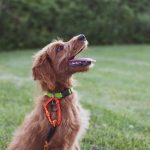
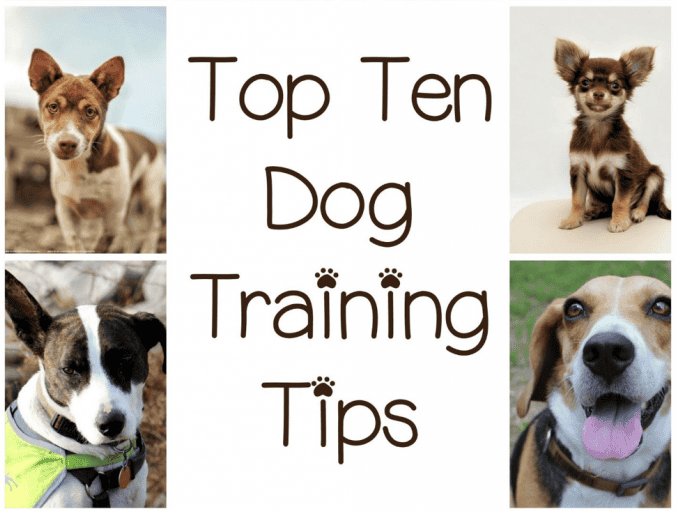
Trackbacks/Pingbacks